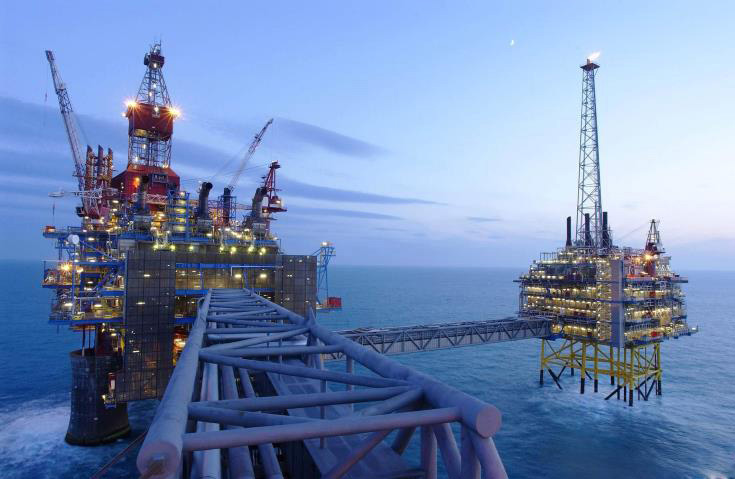The saga of the Aphrodite gas field continues, although according to the latest information from Energy Minister Giorgos Papanastasiou, there is a possibility it would reach its conclusion, in some way, by Monday.
This is the day the government expects its exchange of letters with energy giant Chevron, aimed at resolving the dispute over the Aphrodite gas field, to be completed. Everyone expected this to have happened at the end of last week when Chevron was due to respond to the government’s latest proposal, but on Monday the government said it had written back to the oil giant seeking clarifications.
Papanastasiou was at pains to put a positive spin on the exchange of letters. He said on Tuesday that the content of the letter received from Chevron on Friday was “deemed positive with some reservations,” while the letter sent by the government on Monday was in a “positive spirit.” What he failed to say while speaking to state broadcaster on Tuesday was whether the main dispute between the two sides – the construction of a floating production union (FPU) on top of the reservoir – had been resolved.
The government had demanded the FPU, but Chevron had argued against it because the unit would add €1 billion to the cost. This is a large amount of money and it is very difficult to imagine what arguments the government could have used to persuade Chevron – assuming it has – to construct the FPU. Perhaps another option is under discussion, which gave rise to the positive spirit the minister was referring to, without elaborating. The reality is that the Republic is in negotiations with an energy giant, a company with a market capitalisation of $270.62 billion, which would suggest this is an unequal contest.
Nevertheless, Papanastasiou said he believed “the operators (Chevron) have understood the concerns of the Republic and for our part we understand the financial concerns of the joint venture, so I think we are headed for a quick development of the reservoir.” Quick development in the energy sector has a different meaning to other sectors – the first gas would come to the surface by the end of 2027 or early 2028, said Papanastasiou. This would be 16 years after the gas discovery.
What if the clarifications given by Chevron in the letter it sends on Monday do not satisfy the government? Would the exchange of letters continue until an agreement is reached or will the ‘quick development’ of Aphrodite be put on hold for a few more months or years? We hope not because this matter has been dragging on for far too long. The government needs to finalise the deal, one way or another, even if it does not get its way in order to do so.







Click here to change your cookie preferences